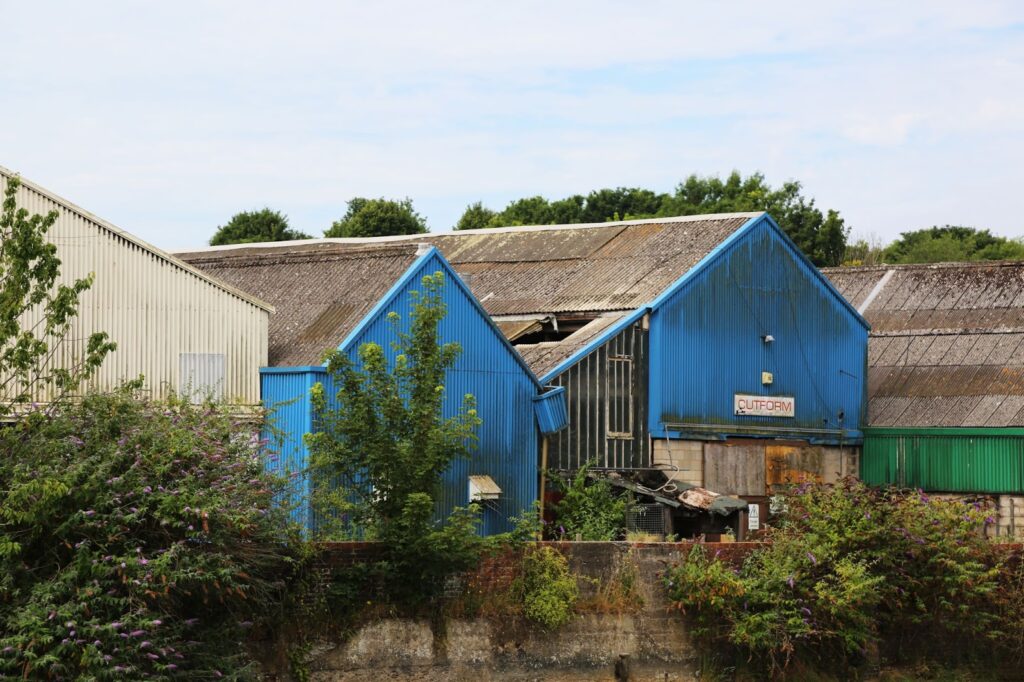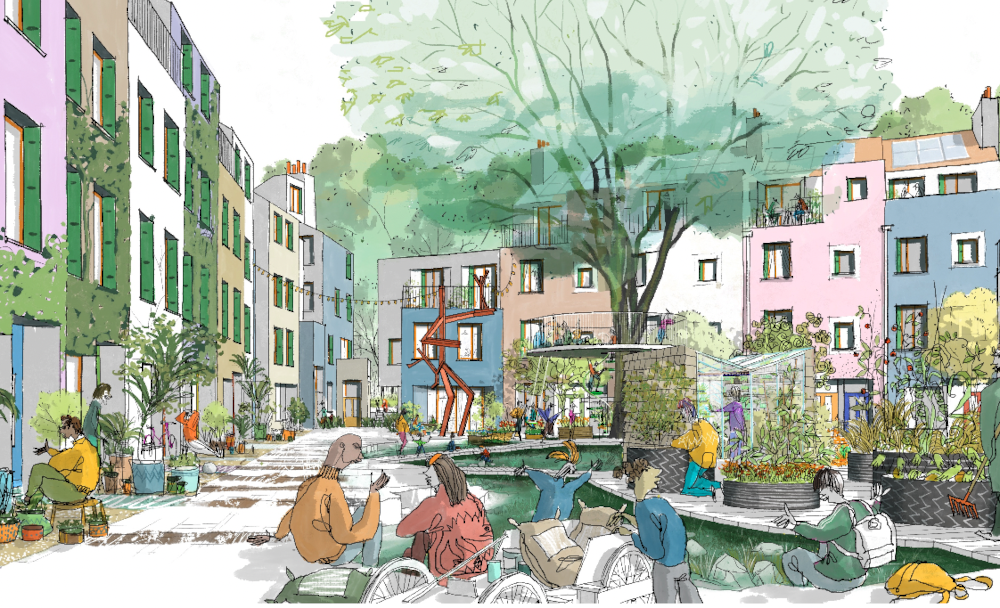Industrial hemp will play a role in an advanced UK housing development designed to address “whole-place carbon footprint,” according to developers of the project, located on a 7.9-hectare tract in southeastern England.
The site, a former industrial area in East Sussex, will be transformed into The Phoenix, envisioned as the UK’s most sustainable neighborhood, according to Lewes-based Human Nature, a development company that promotes “exponential sustainability.” The company was founded by former Greenpeace directors Michael Manolson and Jonathan Smales.
The project, within the South Downs National Park, is planned as a walkable environment that includes 685 homes, an electric car charging hub, public squares and gardens, community buildings and a river walk, Human Nature said. It recently received planning approval.
Reducing carbon
The “whole-place” carbon strategy seeks to reduce “operational carbon” from heat and power as well as “embodied carbon” from materials and construction, and includes emissions caused by transport and human behavior on the site to the year 2100.
Human Nature’s in-house design team, design agency Periscope, Ash Sakula Architects, Mole Architects and Arup have created plans that embrace circular economy principles that include construction based on prefabricated “cassettes” made from local timber filled with hemp and other biomaterials. Where possible, existing materials from the site’s industrial past, including cladding, steel trusses, bricks and buttresses, will be salvaged and repurposed, according to the developers.

Old industrial buildings on the site in East Sussex.
The project also intends to meet “radical affordability goals” through on-site recycling, waste management and composting facilities, urban farming and community gardening, and a renewable energy system that will reduce residential energy bills by 10-20%.
‘Joy’ in sustainable living
“The current mainstream model of development is catastrophic, baking in deeply unsustainable fabric, infrastructure and transport, fueling the climate and nature crises; it also creates social divisions and exacerbates loneliness,” said Smales, Human Nature’s CEO. “We aim to show that living sustainably can be a joy, not an exercise in self-denial, made far easier by the design of neighborhoods.
“The result won’t feel unfamiliar, rather a return to traditions we’ve forgotten: a place of elegantly designed buildings made using local materials, streets safe for children to play in, with most daily needs met within a short walk and where it’s easy to meet and socialize with your neighbors,” Smales said.

